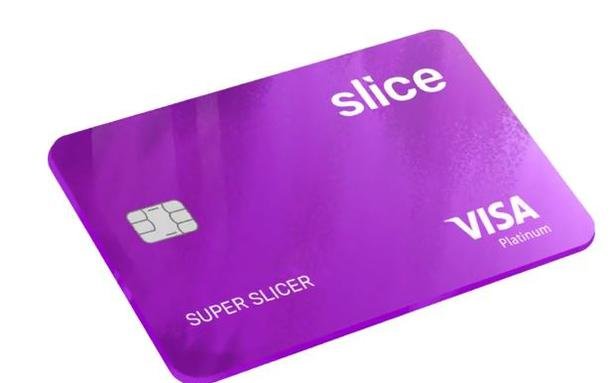Fintech Startup Slice has switched from providing credit channels through its application to classical futures loans, after the Reserve Bank of India last month said that non-bank fintech could not provide credit paths. Slice is one of the most exposed by RBI changes, and now seems to have changed fundamentally the way he disbursed credit to his customers to reflect this new restriction.
Slice tells users about changes in emails sent on Tuesday. Entrackr reviews a copy of the email.
We have contacted the company to comment and will update this post if we hear again.
The company said the new credit disbursement mechanism “purchasing power,” and did not mention RBI actions that led to this change in its email. “Every time you transact with your slice card, a new approval decision will be made instantly to assess the best amount that you can borrow for purchases. This decision will be determined mainly based on the credibility of traders, risks, fraud checks, and your past payments and payment patterns, “Slice told customers.
“Purchasing power is an estimate of the amount that you meet the requirements to borrow from slices and can change at the time of purchase, while credit limits are the maximum amount that has been decided by the lender you can borrow,” the company explained in its email.
This basically means that flexible-friendly payment requirements can be replaced by services that are identical to regular credit cards, minus fixed credit limits. Instead of offering credit channels, slice will now analyze borrower credit feasibility during each single transaction, although it may be a line to stay clean from RBI rules again. In the end, this effort is to ensure that the final customer does not go through or experience significant changes in experience in the end, despite the current changes in the nature and disbursement of the current Princess of Credit.
Reserve Bank of India has clarified in June that non-bank prepaid instrument providers such as slices are not permitted to offer credit channels. Slice and other fintechs like that have based on their entire USP around products like that, and now must rotate to a more traditional loan method.
“Inclusions in this case can withdraw acts of punishment based on the provisions contained in the Payment and Settlement System Law, 2007,” the circular warned


















